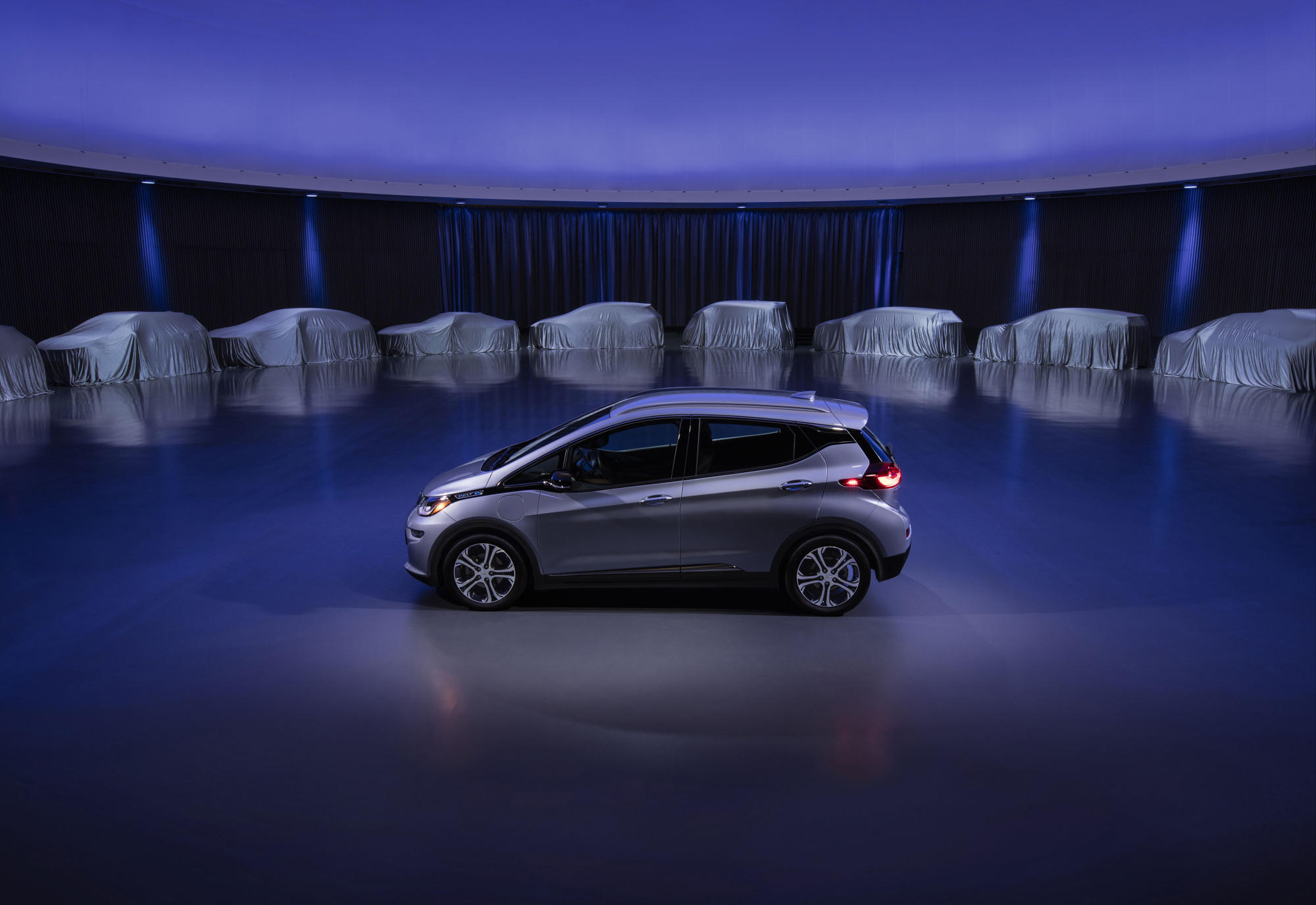Bending metal, slapping on chrome and marketing an empowering product and status marker that mesmerized 20th-century America, the automobile industry typified the Old Economy, of which General Motors was emblematic. As was its bankruptcy. Today, GM's CEO Mary Barra is wagering that the industry soon will be manufacturing New Economy products. They will incorporate technologies that will entice buyers whose sensibilities and expectations have been shaped by the kind of empowerment delivered by their smartphones, which arrived just 10 years ago.
GM's electric self-starter, which replaced hand cranks, was the last century's most transformative innovation. It arrived in 1912. Today, Cadillac offers hands-free driving, with advanced GPS mapping. An eye-tracking camera on the steering column monitors driver alertness, and the car nags the distracted driver back to attentiveness, which makes this technological marvel less of a convenience than the self-starter. Still, Barra is attempting an audacious balance between the demands of present consumers and radically different future demands. Or, more accurately, a future that governments, hostile to consumer sovereignty, intend to dictate.
China has announced, as have Britain and France, plans to ban, at an undetermined date, sales of vehicles powered by fossil fuels in their tanks. (Electric vehicles will be powered mostly by fossil-fuel-generated electricity.) In Shanghai in mid-September, Barra dissented: "I think it works best when, instead of mandating, consumers, not government dictates, should decide how cars are powered." But governments, and not just dictatorships, like to dictate, and companies must accommodate: GM sells more cars in China than in the United States (it sold about 1.2 million Buicks last year, about a million of them in China, where elites drove them decades before communism arrived), and China manufactures more cars than the U.S. and Japan combined. As GM promises two new electric vehicles in the next 18 months, and a total of 20 by 2023, one of Barra's executives speaks of GM "driving increased usage and acceptance of electric vehicles," but governments are at the wheel. Without subventions from Washington, Tesla's market capitalization never would have even briefly exceeded GM's.


















With your current subscription plan you can comment on stories. However, before writing your first comment, please create a display name in the Profile section of your subscriber account page.